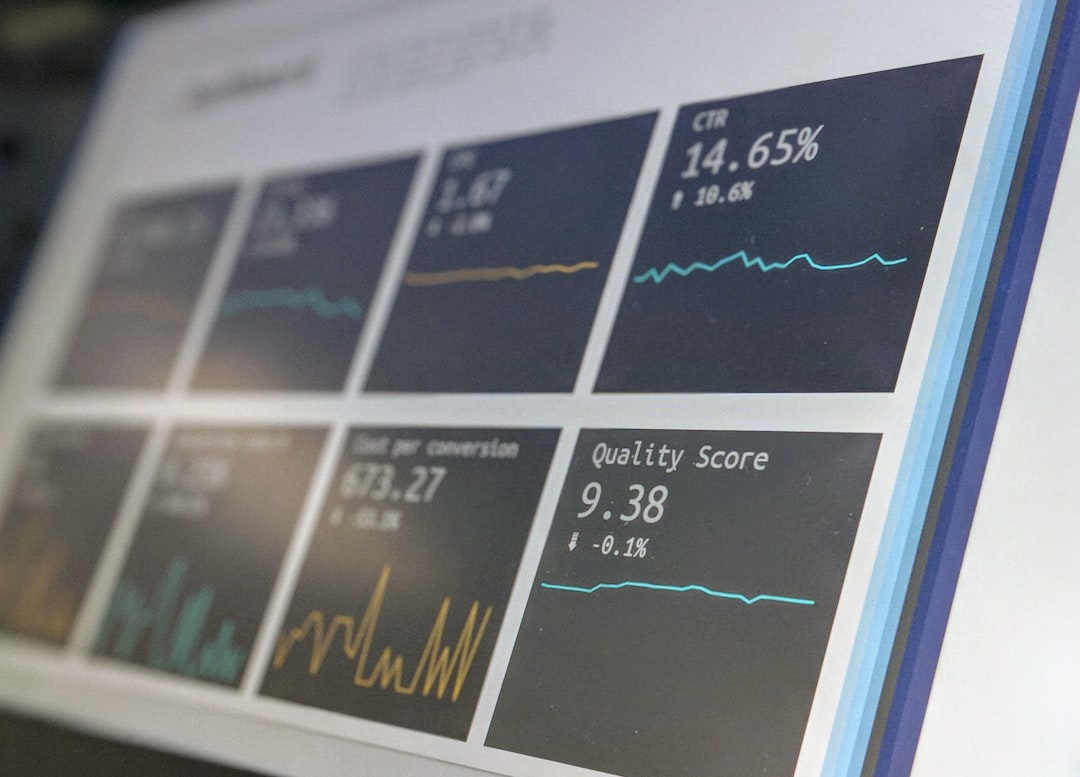In today’s digital landscape, security operations are more critical than ever. With the rise of cyber threats and data breaches, companies must have robust security measures in place to protect their sensitive information and maintain the trust of their customers.
One of the key components of effective security operations is automation. In this article, we’ll explore the role of automation in security operations and how it can help companies stay ahead of potential threats.
What Are Security Operations?
Before we dive into the role of automation, let’s first define what we mean by security operations.
Security operations refer to the processes and procedures that an organization implements to protect its information and assets from cyber threats. This includes monitoring networks and systems for potential vulnerabilities, responding to security incidents, and implementing security controls to prevent future attacks.
The Importance of Security Operations
by Ennio Dybeli (https://unsplash.com/@enniodybeli)
In today’s digital landscape, cyber threats are constantly evolving and becoming more sophisticated. This makes it crucial for companies to have a strong security operations program in place to protect their sensitive data and maintain the trust of their customers.
Without proper security operations, companies are at risk of data breaches, financial losses, and damage to their reputation. This can have severe consequences, including legal repercussions and loss of business.
The Role of Automation in Security Operations
Automation plays a crucial role in security operations, helping companies stay ahead of potential threats and respond to incidents more efficiently. Here are some of the key ways automation can enhance security operations.
Streamlining Routine Tasks
One of the primary benefits of automation in security operations is its ability to streamline routine tasks. This includes tasks such as network scanning, vulnerability assessments, and patch management.
By automating these tasks, security teams can save time and resources, allowing them to focus on more critical security issues. This also reduces the risk of human error, which can be costly in terms of both time and money.
Improving Incident Response Time
by Tech Daily (https://unsplash.com/@techdailyca)
In the event of a security incident, time is of the essence. The longer it takes to detect and respond to a threat, the more damage it can cause. Automation can help improve incident response time by quickly identifying and alerting security teams to potential threats.
For example, network scanning tools can continuously monitor networks for potential vulnerabilities and alert security teams to any suspicious activity. This allows for a faster response and minimizes the impact of a potential attack.
Enhancing Threat Intelligence
Automation can also play a crucial role in enhancing threat intelligence. By continuously monitoring networks and systems, automation tools can gather data and identify patterns that may indicate a potential threat.
This data can then be used to inform security teams and help them stay ahead of potential attacks. With the help of automation, security teams can proactively address vulnerabilities and prevent potential threats before they occur.
Reducing Human Error
As mentioned earlier, human error can be costly in terms of both time and money. Automation can help reduce the risk of human error by automating routine tasks and providing accurate and timely information to security teams.
This not only saves time and resources but also ensures that critical security tasks are performed consistently and accurately.
How Does Network Scanning Help Assess Operations Security?
Network scanning is a crucial component of security operations, and automation can play a significant role in enhancing its effectiveness. Here’s how network scanning helps assess operations security and how automation can improve the process.
Identifying Vulnerabilities
by Stephen Dawson (https://unsplash.com/@dawson2406)
Network scanning involves scanning a network for potential vulnerabilities and weaknesses. This allows security teams to identify potential entry points for cyber attacks and take steps to address them.
Automation can enhance this process by continuously scanning networks and providing real-time alerts to security teams. This allows for a faster response and minimizes the risk of a potential attack.
Assessing Security Controls
Network scanning can also help assess the effectiveness of existing security controls. By scanning networks for potential vulnerabilities, security teams can identify any weaknesses in their current security measures and take steps to address them.
Automation can enhance this process by providing accurate and timely data to security teams. This allows for a more comprehensive assessment of security controls and helps identify any potential gaps in security.
Monitoring for Suspicious Activity
In addition to identifying vulnerabilities, network scanning can also help monitor networks for suspicious activity. This includes monitoring for unauthorized access attempts, unusual network traffic, and other potential signs of a cyber attack.
Automation can enhance this process by continuously monitoring networks and providing real-time alerts to security teams. This allows for a faster response and minimizes the impact of a potential attack.
The Future of Automation in Security Operations
As cyber threats continue to evolve, the role of automation in security operations will only become more critical. With the help of automation, security teams can stay ahead of potential threats and respond to incidents more efficiently.
In the future, we can expect to see even more advanced automation tools that use artificial intelligence and machine learning to enhance security operations. These tools will be able to analyze vast amounts of data and identify potential threats in real-time, allowing for a faster and more effective response.
Conclusion
In today’s digital landscape, security operations are more critical than ever. Automation plays a crucial role in enhancing security operations, helping companies stay ahead of potential threats and respond to incidents more efficiently.
By streamlining routine tasks, improving incident response time, enhancing threat intelligence, and reducing human error, automation can help companies maintain the trust of their customers and protect their sensitive information. As cyber threats continue to evolve, the role of automation in security operations will only become more critical, making it a crucial tool for companies looking to stay ahead of potential threats.



